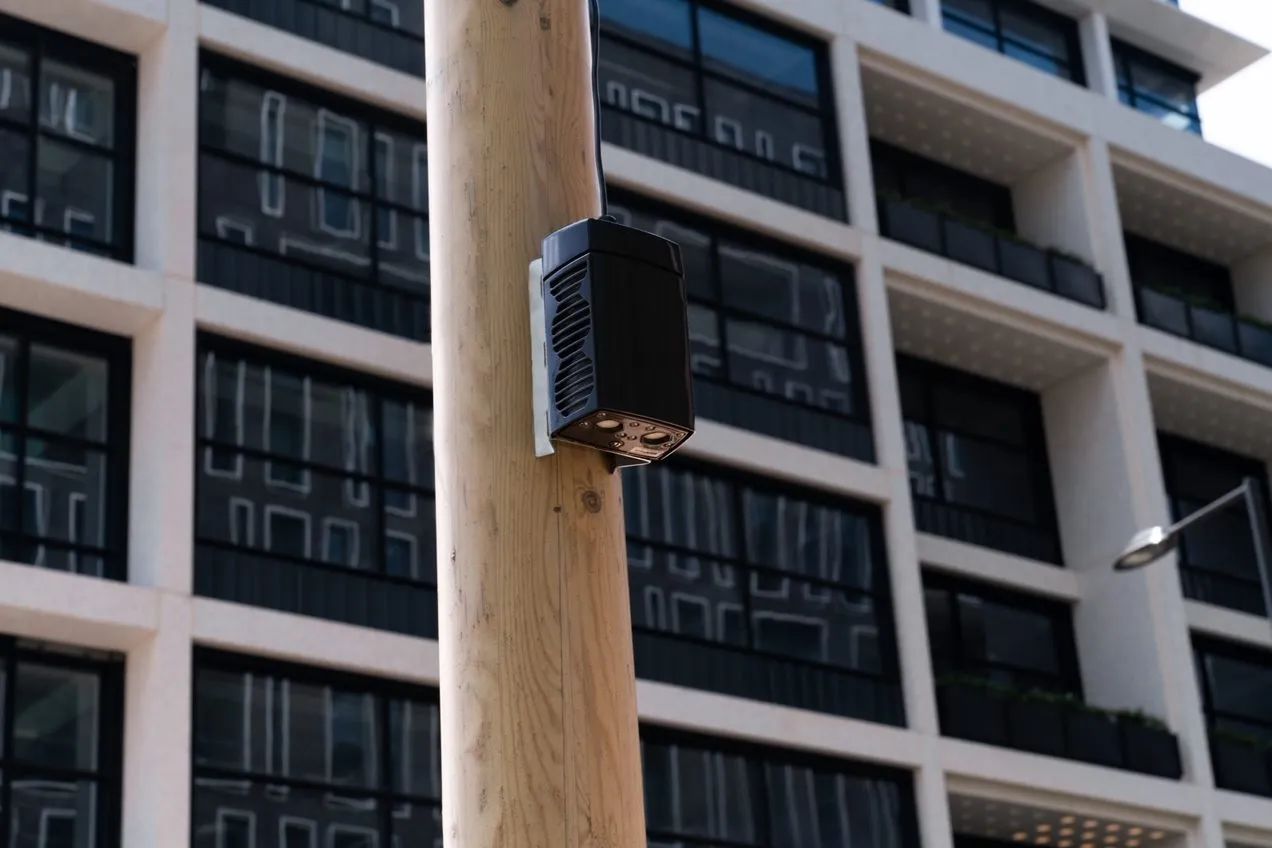
The company has approved the use of hydrotreated vegetable oil (HVO) - based on waste oils, including cooking oil that can be sourced from restaurants, takeaways and home kitchens - in its Transit vans.
Hans Schep, general manager, commercial vehicles at Ford of Europe, says: “Enabling our vans to run on fuel made from waste, including used cooking oil, may sound far-fetched but using HVO is, in fact, a very real way in which Transit drivers and fleet operators will soon be able to help everybody enjoy improved air quality.”
HVO emits less nitrogen dioxide and particles than other diesel vehicles because it contains no sulphur or oxygen, the company adds.
Ford tested HVO in its 2.0-litre EcoBlue engine to ensure no modifications would be needed or servicing would not be affected.
HVO is currently available at selected fuel stations in Scandinavia and the Baltic states in a pure form or as a blend with regular diesel.









